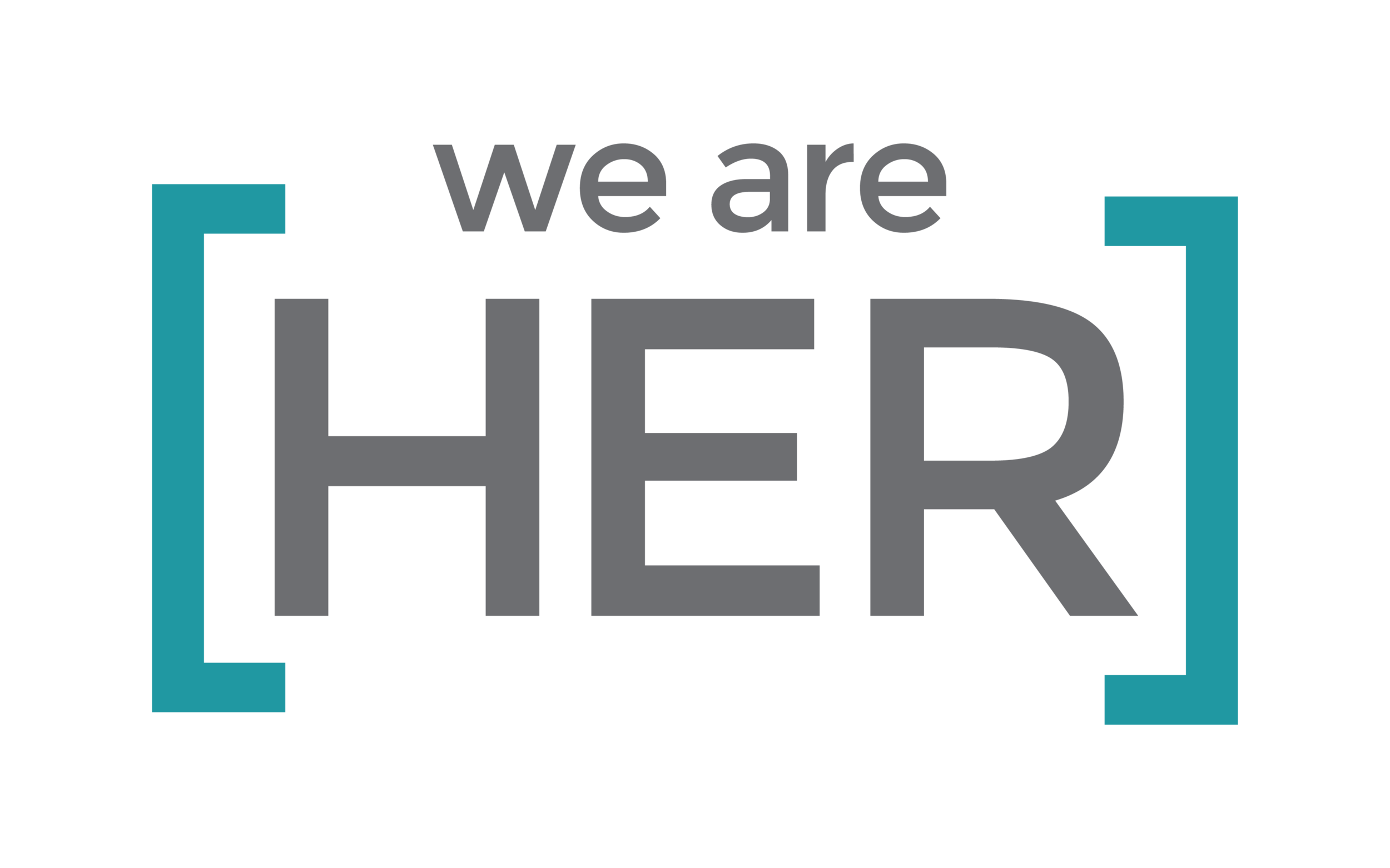8 Lessons You Learn From Reading HER
My summer fling wanted to meet up. He said he wanted to catch up and apologize.
When he found out my previous relationship had been an abusive one, he told me “I’m not your shoulder to cry on.” Hearing that hurt. I wasn’t looking for a shoulder to cry on, just felt he should know. After he said that, we grew apart rather quickly.By fall, he must have felt bad, so I agreed to catch up over coffee. After talking about our new jobs, our recent travels, and other small talk, I asked him, “So have you been reading my site?”
He chuckled. “Well it’s not exactly what I want to be reading with my coffee in the morning, you know?”
“It’s not supposed to be reading entertainment,” I said. “These stories are all very real.”I guess he didn’t actually understand at all. See, reading We Are HER isn’t supposed to be something you can casually glance through like the morning news. These stories have all happened to beautiful, smart women who face the trauma and pain of their abuse everyday. So if you’ve come to HER looking for something to entertain you, you’ve come to the wrong place. With HER, expect to learn something, to feel sadness and compassion. Reading HER isn’t supposed to be fun or easy. Here’s why:
- Did I mention these stories are all real? This isn’t something out of a Meg Cabot book where we all get happy endings and meet the boy of our dreams. Sure, things get better, but most of these women have flashbacks or even PTSD. These are our lives; this is reality. We didn’t make this stuff up.
- Abuse happens to all kinds of people. I refused to believe I was in an abusive relationship even after my boyfriend hit me. Why? Because I didn’t look like the girl they show in domestic violence ads. I didn’t have to cover up a black eye with makeup. He didn’t lurk in a corner. I’m a college-educated, working professional. I don’t fit the stereotype. Accept that. Accept the fact that even if you don’t know about it, you probably know a handful of women who have been through some kind of abusive relationship.
- We don’t amp up the violence to get you to believe us. This isn’t Hollywood. We understand that some people don't believe us, but we don’t need you to validate our life stories. If you don’t want to read HER with your morning coffee, then don’t.
- Abusers are all kinds of people too. Small business owners, the guy who answers the phone at the place that changes your oil, a fraternity president. Yes, they probably have a killer smile, and they may even volunteer at the homeless shelter on weekends, but they are out there. You just don’t know it.
- No, you are not supposed to be guessing who each author is. If your friend shared with you that she’s contributing to this site and didn’t tell you her username, then do not read the stories just to guess which one she is. The point of HER is not to call out these women. Writing these stories is painful, trust me. Each time a post is published, you feel self-conscious, not only about the words you put on the page but about the abuse that happened. Never ask your friend “Why did you stay for so long?” That question insinuates blame. Instead, try these three phrases: 1.) Acknowledge the experience has affected her life: “I know this has been hard for you,” or “I’m sorry this happened to you.” 2.) Remind them they are not to blame: “None of this is your fault.” 3.) Validate her experience: “I believe you.”
- Be compassionate. Going through these experiences was never “fun” or “exhilarating” for any of us. None of us asked to be hit or raped or destroyed. Instead, try saying things like, “Reading this opened my eyes,” or “I think you’re strong for writing your story and educating people about what this is like.”
- Figure out why you have a problem with these stories. Like my aforementioned summer fling, who had strong narcissistic traits, perhaps these stories bugged him since he could be manipulative and controlling at times? If you have a hard time reading these stories, try to understand why you have a problem. Read these stories with an open mind.
- The world can be a scary place. Do something about it. If you don’t like what you’re reading, then find a way to help out. Volunteer at a local women’s shelter, volunteer for HER. Call up a friend who has been in abusive relationship. You don’t even have to bring up the abuse. Just get coffee with them, go on a hike. Let them know you’re thinking about them. Show them love. It’s not hard. Or start calling out your male friends when they catcall women or shame survivors. Every little change makes a difference.

